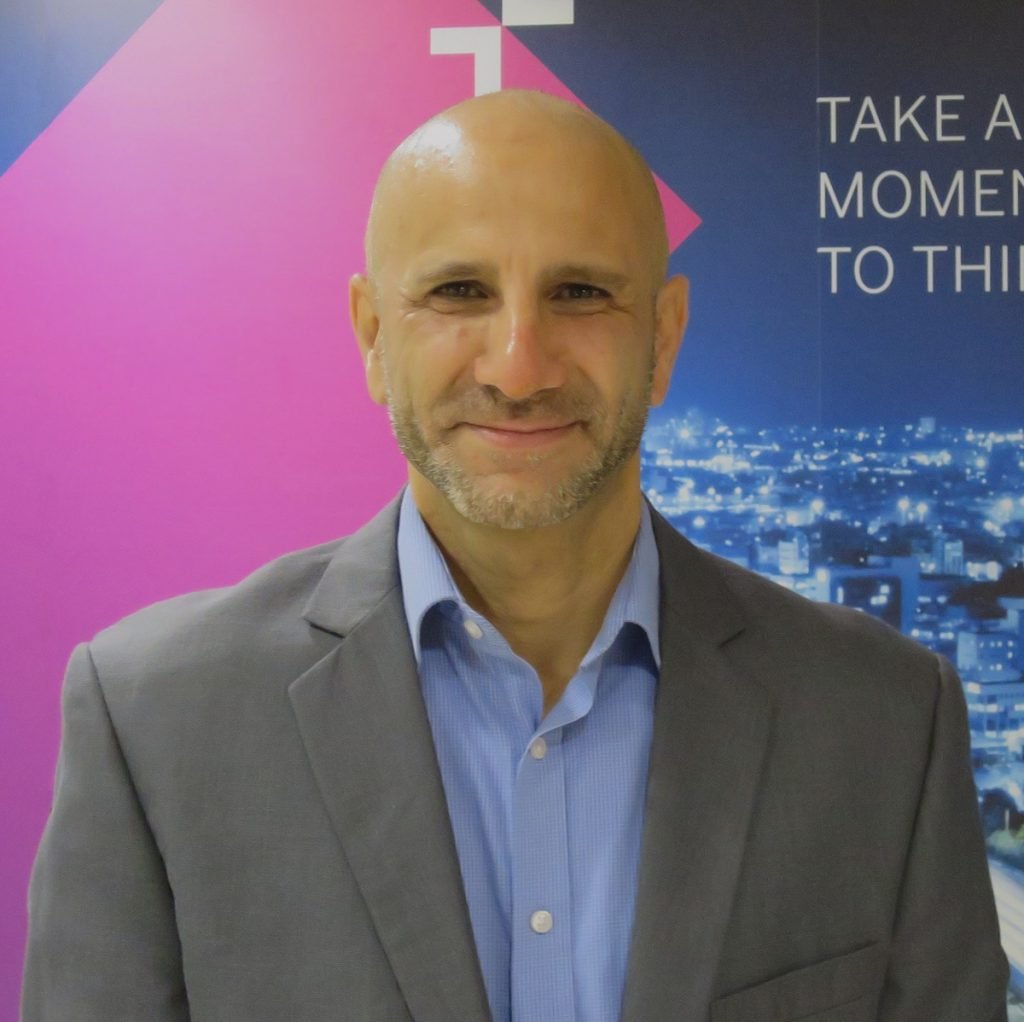The Israel Innovation Authority approved a budget of NIS 150 million ($43.2 million) for the establishment of three research and development consortia over a three-year period, the Israeli government’s investment arm announced Sunday.
The consortia will focus on the development of technological solutions and infrastructure in fields related to academia and industry.
One project dubbed the Andromeda Consortium, will focus on developing tech infrastructure for command and control systems in autonomous vehicles in urban areas. The developments will allow real-time intervention and remote control of vehicles in autonomous fleets when necessary, using artificial intelligence systems and/or human operators. The consortium will be led by LiveU, BWE, mPrest, RGO Robotics, DriveU, Cognata, Israel Aerospace Industries, and Elbit Systems, alongside leading academic research groups, and will be jointly managed and funded by the Israel Innovation Authority and the Smart Transportation Administration in the Office of the Prime Minister.
The Advanced Materials Processing Consortium will focus on material processing in industry using high-powered lasers.
The consortium includes companies such as Plasan Sasa, Rafael, Israel Aerospace Industries, Israel Shipyards, alongside R&D companies Ricor, Sivan Technologies, and Ophir Optronics, which will provide the technological basis for the laser and automation systems. Also partnering in the consortium are academic groups from the Technion and other leading universities.
The third consortium will focus on the R&D of quantum communications technologies across communication systems for server farms, transferring data from a single communication channel to a network, and a secure communication system for transmitting encryption keys. The consortium will be integrated into the national quantum program headed by Dr. Tal David, which has been approved by the Telem forum (the National Infrastructure Forum for Research and Development), and is jointly funded by the Israel Innovation Authority and MAFAT (Administration for the Development of Weapons and Technological Infrastructure).
The quantum communications consortium includes industry leaders such as Elisra, Mellanox Technologies, OpSys, and startup Quantum LR, which will work alongside the MAFAT of the Ministry of Defense. Academic groups and leading researchers from the Hebrew University of Jerusalem, the Technion – Israel Institute of Technology and others will also join.
“At a time in which we are occupied working on technological developments to tackle immediate threats, we are proud to be anticipating the technology that will fuel Israel’s growth engines in five to seven years’ time,” said Aviv Zeevi, head of the Technological Infrastructure Division at the Israel Innovation Authority. “This is an age in which we will share our transportation zones with smart, autonomous vehicles, and in which Israeli industry will only be able to continue manufacturing domestically if it manages to increase precision in production lines while utilizing advanced materials, an age in which securing information channels is increasingly difficult and expensive.”
“The consortium aims at leveraging advances in security applications in the Israeli laser industry, combined with Israel’s advantage in super-computers, in order to design robots which operate based on an accurate modeling of tasks in order to perform precision cutting and welding which could not previously be carried out in Israel,” said Moshe Avrahami, director of the Industrial Sector and Consortiums Program at the Israel Innovation Authority.
Related posts

Israeli AI Safety Tool Among TIME’S Best Inventions For 2024

Editors’ & Readers’ Choice: 10 Favorite NoCamels Articles

TAU Team Discovers Mechanism To Eliminate Cancerous Tumors




Facebook comments